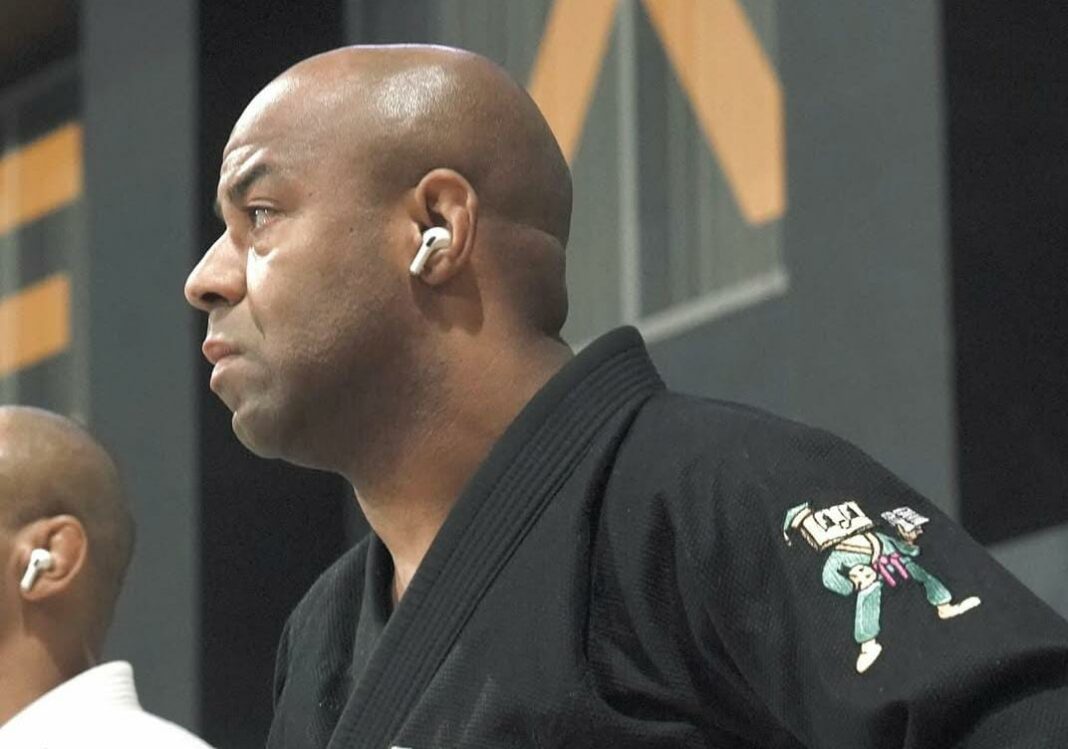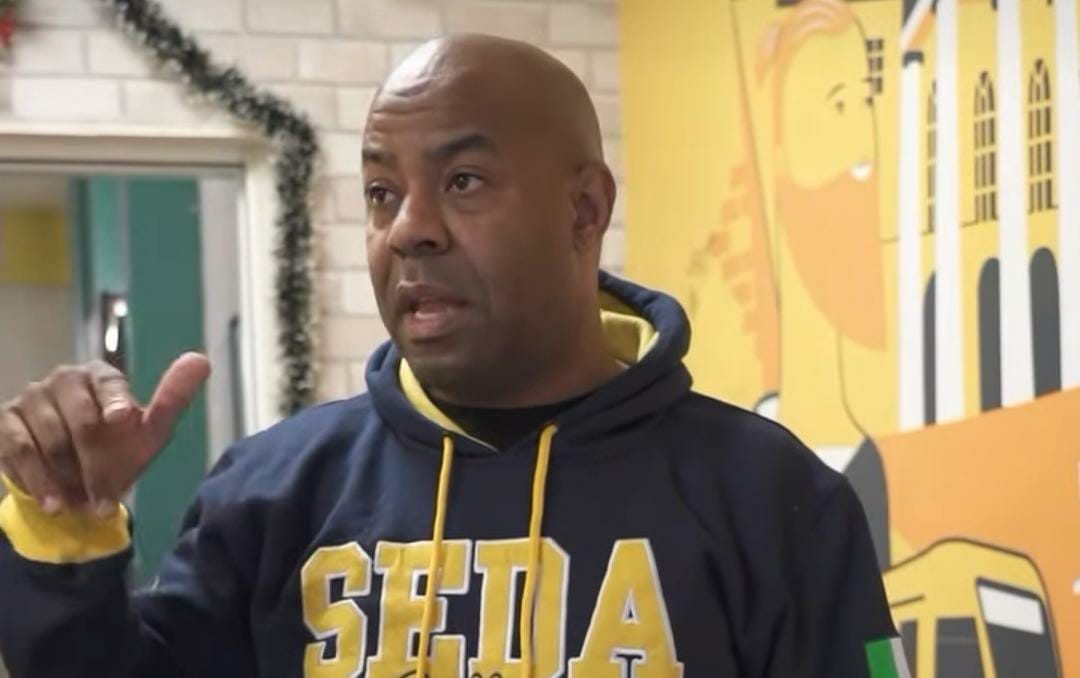Leadership is a courageous choice. And with that choice comes an inevitable reality: you will need to make tough decisions, sometimes under extremely challenging conditions.
I’ve experienced this more times than I’d like. Pandemics. Financial crises. Urgent changes. Incredible people who needed to be laid off. And, of course, strategic decisions that could affect hundreds of students and employees.
Over time, I’ve realized that what differentiates an ordinary leader from a prepared leader is not the absence of pressure, but the ability to make decisions even under it. And in this article, I share what I’ve learned in practice about how to deal with these moments.
1. I stop. Even if it’s just for 10 minutes.
It may seem counterintuitive, but when the pressure is on and everything seems urgent, the worst thing I can do is make a decision on impulse.
Even if time is against me, I stop. I step away from the computer. I drink a coffee. I breathe. Sometimes, I write down everything that is at stake on a piece of paper. This moment of pause is essential to slow down the mind and regain clarity.
Because under extreme stress, the brain operates in survival mode, and in this state, the chance of making decisions based on fear or ego is enormous.
2. I assess with brutal honesty: what is really at stake?
Many times, pressure makes us overestimate risks or minimize consequences. That’s why I learned to ask a simple but powerful question: “If I make this decision today, what will really change in a month? And in a year?”
This projection helps me distinguish what is noise from what is a priority. And, most importantly, it forces me to confront the truth, no matter how uncomfortable it may be.
3. I listen to people who think differently from me
Deciding under pressure does not mean deciding alone. In these moments, I try to listen to at least one or two people who I know will not just “agree with me.” People who provoke me, who see what I don’t, who have emotional repertoire and impartiality.
This type of listening doesn’t weaken me; quite the opposite, it protects me from hasty decisions.
4. I take on the burden. But I don’t carry it alone.
There are decisions that hurt. That impact lives. That affect the team. And when that happens, I make sure to communicate with transparency, empathy and responsibility.
There’s no point in running away. Leadership requires presence, especially in the most difficult moments. In short, making decisions under pressure will never be comfortable. But it can be done with clarity, awareness and humanity.
After all, that’s what leadership is all about. Choosing even when everything seems uncertain. And, above all, learning from each decision.




